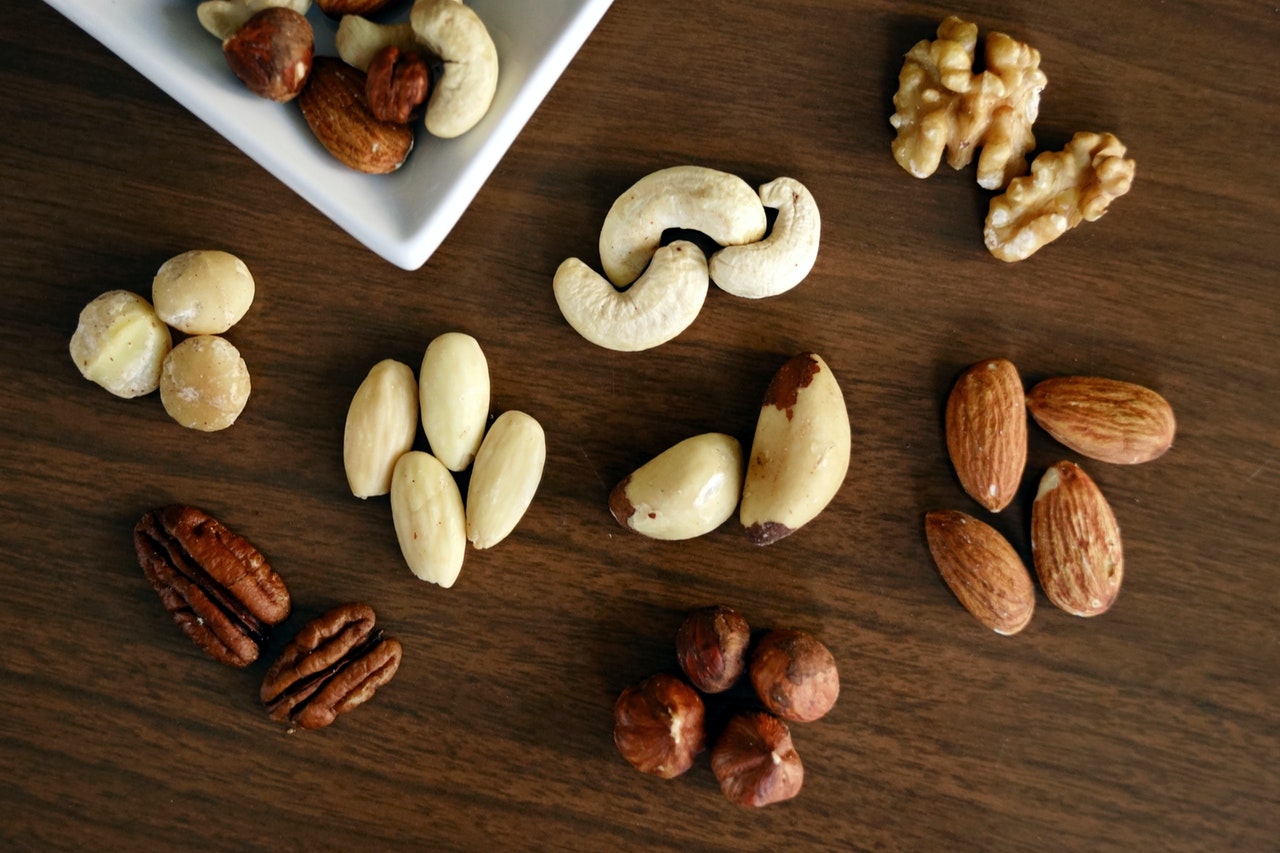5 Common Nutrient Deficiencies You May Have

Even if you have been extremely health-conscious of your diet, it is still possible to be deficient in some of the essential nutrients your body needs to function at its best. With the convenience and availability of heavily processed foods, getting the nutrients from whole foods can be hard. Lacking the nutrients can interfere with basic bodily functions including water balance, nerve-signaling, digestion, enzyme function, and metabolism. Even worse, nutrient deficiencies can lead to diseases like osteoporosis and anemia. With that said, it is important to note the warning symptoms your body may be trying to signal to you that you are nutrient-deficient. Keep reading to find out some common nutrients to pay attention to!
Meet the Ageless Forever Team!
5 Common Nutrient Deficiencies You May Have
1. Vitamin D

Vitamin D is an essential nutrient to help the body maintain strong and healthy bones. With the exception of summertime fun, the majority of us tend to spend most of our time indoors, or wear clothing that covers up most of our body. Naturally, our bodies produce vitamin D from direct sunlight on exposed skin, which makes us likely deficient in this vital nutrient. Common symptoms of low vitamin D levels include chronic fatigue, getting sick often, back pain, hair loss, depression, and impaired wound healing. To help supplement more vitamin D, we recommend adding salmon or tuna to your weekly diet as well as spending more time outside in the sun every day. Research indicates that taking vitamin D supplements can help reduce the risks of becoming infected by influenza and COVID-19. We recommend taking 5,000-10,000 units of D3 (K-Force) supplements daily, preferably at bedtime (which may also improve sleep). Generally, maintaining a vitamin D level of 40-60 or better is ideal for optimal health.
Related: 7 Best Anti-Aging Foods
2. Iron

Iron helps keep our blood oxygen-rich since it is required to produce red blood cells, carrying oxygen through the body. You can get iron from meat as well as plant-based foods like leafy greens, nuts, and seeds, although it may be harder to absorb iron from plant sources than it is from animal sources. Because of this, vegetarians and vegans are more likely to be iron-deficient than omnivores. An iron deficiency means less red blood cell production which can lead to anemia. Anemia is a condition that can cause fatigue, dull/thinning hair, and pale skin. To help boost iron levels, we recommend consuming more beef, oysters, chickpeas, kidney beans, spinach, and lentils.
3. Vitamin B-12

Another common vitamin deficiency, especially for older adults, vegetarians, and vegans is vitamin B12. Only sufficient animal sources and certain types of seaweed provide vitamin B12, which plant sources unfortunately do not. Vitamin absorption also naturally decreases with age, putting the elderly at a higher risk of deficiency. Vitamin B12 assists in the production of DNA, neurotransmitters, and supports normal nerve cell function. Adequate levels of this vitamin also helps improve your mood, memory, and fights against symptoms of depression, heart disease, and birth defects. Some common symptoms of low vitamin b12 levels are fatigue, heart palpitations, pale skin, numbness, tingling, loss of appetite, blood disorders, and vision loss. Rich vitamin b12 sources to help offset any imbalances include shellfish, meat, eggs, and milk products.
4. Calcium

As most of us have been taught since grade school, calcium is very important for maintaining strong bones and teeth. In addition, calcium also regulates hormones as well as controls muscle and nerve function. If your body is severely low on calcium, it may start to take calcium from internal sources like your bones and cause weak, brittle bones, a condition known as osteoporosis. Some symptoms of having severely low calcium are abnormal heart rhythms, muscle aches, muscle spasms, seizures and muscle spasms in the throat that can cause problems breathing. Good sources of calcium to incorporate into your diet include cheese, dark leafy greens, and calcium-fortified orange juice.
5. Magnesium

If you have noticed a drastic decline in your energy levels, not having enough magnesium in your body can be to blame. Magnesium supports strong bones and helps with energy production. Typically, magnesium deficiency is not common in generally healthy people, but certain health conditions that require medications can affect your magnesium levels. Too much alcohol consumption can also cause a drop in magnesium. Signs of low magnesium include nausea, vomiting, loss of appetite, weakness, and fatigue. More serious cases can lead to seizures, numbness, muscle cramps, seizures, and abnormal heart rhythms. To have a better magnesium balance, add more almonds, cashews, spinach, edamame, and black beans to your diet. Taking magnesium supplements (250-500 mg) will also help your levels as well as helps activate Vitamin D (discussed above).
Even with a conscious diet, it’s easy for vital nutrients like the common ones discussed above to slip through the cracks. Generally, vegetarians, vegans, children and older adults are at a higher risk of several deficiencies so it is important to be aware of symptoms that may be warning signs of nutrient deficiencies. To help prevent a deficiency, we at Ageless Forever recommend practicing a well-balanced diet with nutrient-dense foods as well as take a quality supplement. A lot of the symptoms caused by nutritional deficiencies may start to fade as your levels return to normal or adequate. In some cases, lasting damage may result in severe deficiencies over a long period of time. If you are experiencing symptoms and are concerned about not getting enough of certain nutrients, consult with your doctor.
Request a dietary consultation with Ageless Forever today!
Related: 4 Most Effective Methods to Lose Fat
Related: How to Lose Weight with Intermittent Fasting



